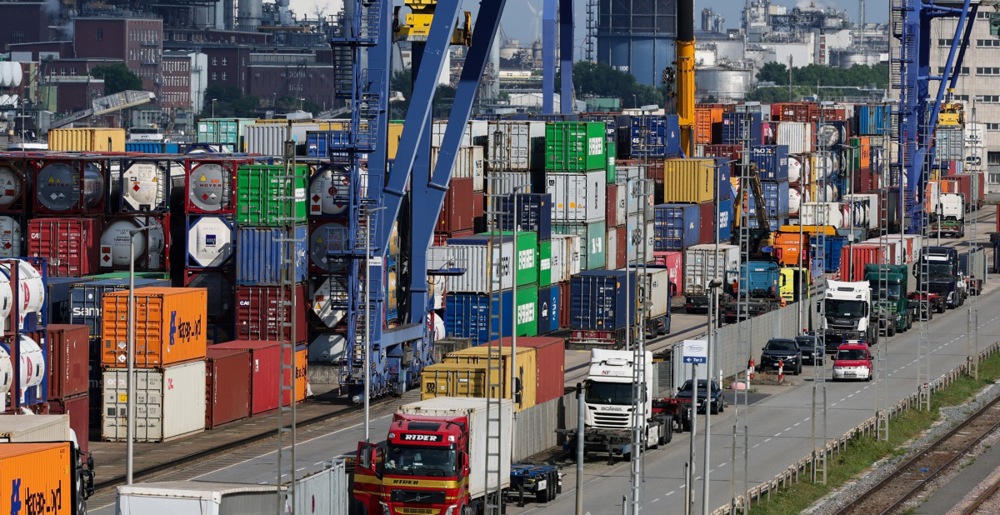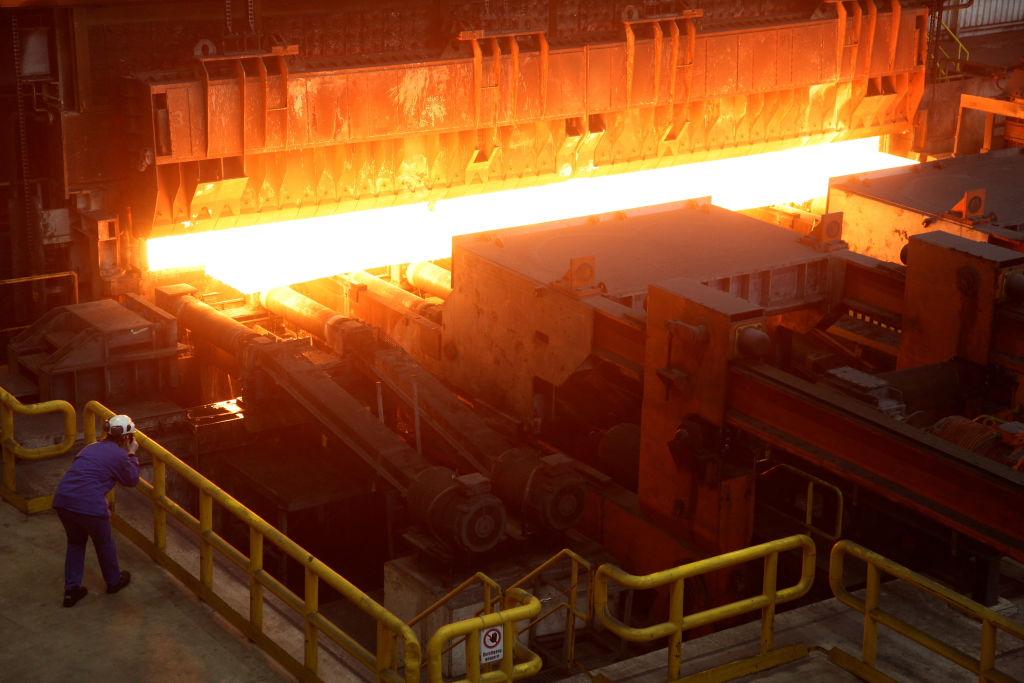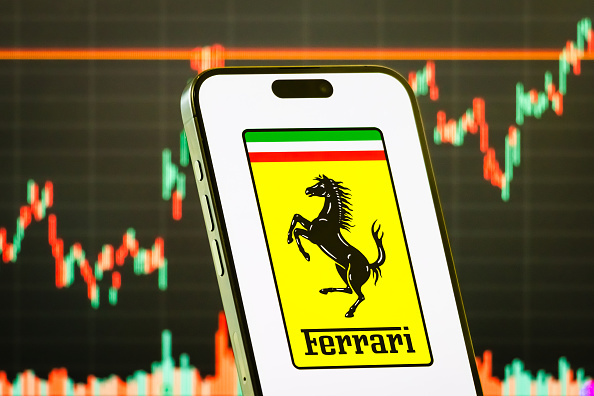German investor morale fell sharply in August, a drop that exceeded expectations and underscored how tensions over US–European Union trade have been shaping Europe’s economic mood.
The ZEW economic research institute’s monthly survey showed confidence slipped as exporters weighed the costs of new tariffs and a weaker second quarter for Germany’s economy, Reuters reported on August 12.
The decline came less than a month after the European Commission reached a tariff agreement with Washington that set duties of 15 per cent on most EU goods entering the US. It left 50 per cent tariffs in place for steel and aluminium and negotiations on those sectors have remained unresolved.
For economies such as Germany, Belgium, France and the Netherlands — where export industries account for a large share of growth — the deal has had a sharp impact on chemicals and pharmaceuticals, two of Europe’s most globally competitive sectors.
Both rely on US buyers for everything from plastics and industrial compounds to high-value medicines and their production networks link factories and ports across EU borders.
Higher duties raise costs, disrupt supply chains and reduce Europe’s ability to compete with producers in Asia or the US, Cefic, the European trade association for the chemicals sector, stated on July 29.
The chemicals industry was particularly exposed because of its scale. In Germany alone, it employs hundreds of thousands and anchors a supply chain that feeds into automotive manufacturing, construction and consumer goods.
In Belgium, France and the Netherlands, chemicals exports also represented a significant element of GDP and these countries hosted major production sites and distribution hub for chemicals from across Europe.
Germany’s overall economic performance had already weakened before the August sentiment survey.
The economy contracted in the second quarter, partly because US importers brought forward orders in the first half of the year to avoid tariffs, leaving a gap in demand once the duties came into force.
ING Economics noted on August 12 that this pullback, combined with softening global demand, hit export-heavy sectors hardest.
The July trade deal reduced some uncertainty for exporters but also lowered expectations of further European Central Bank rate cuts, limiting policy support for struggling industries, it said.
Longer-term pressures have added to the strain. Global competition in chemicals has intensified, particularly from Asia, where producers benefit from lower energy costs and looser regulations.
Economists have also pointed to the “China shock” — the surge in competitive Chinese manufacturing — as a structural challenge for Germany and other EU exporters.
According to an August 7 study by the Brussels-based Centre for Economic Policy Research, this shift has been changing trade flows and investment decisions, with companies weighing whether to expand production in Europe or move closer to faster-growing markets.
While investor confidence has weakened, German and European equities have shown some resilience in recent weeks.
On August 13, analysts at AInvest noted that some investors were betting on a rebound later in the year, supported by government investment incentives and easing supply chain disruptions.
Yet, with major sectors still facing tariff uncertainty and external competition, trade tensions with Washington would remain a central risk for Europe’s industrial base, it added.





